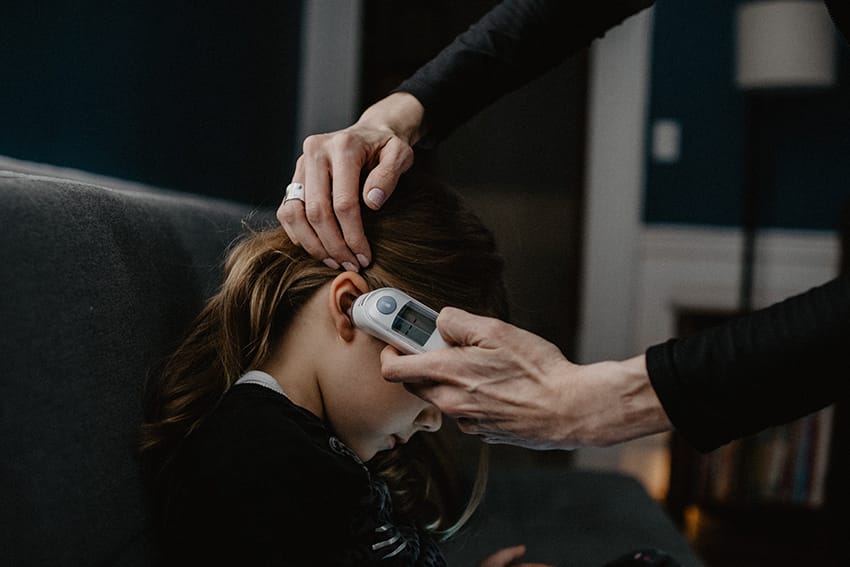
On March 11, 2020, the World Health Organization declared COVID-19 a pandemic. The COVID-19 outbreak has affected nearly every aspect of American life but one aspect that families may not even consider is what happens to their children in the event that they become severely infected with COVID-19 or even incapacitated. Parents should be aware of their options as far as the safety and care of their children to avoid having the New Jersey Department of Children and Families’ (DCF) Division of Child Protection and Permanency (DCPP) take custody.
Typically, in the event that a child is without a caregiver due to a parent’s illness or incapacitation, the DCPP may be called to take custody. Under the usual procedure, DCPP works to identify appropriate and willing family, friends, or neighbors that can provide short-term guardianship. However, this can take time and children could be placed in foster care in the meantime while details and arrangements are made. With limited staff and resources in most state departments at this time, this process could take even longer.
In an emergency situation such as the current pandemic, placing your child in foster care or the care of DCPP is not the most desirable for many reasons, especially since it is unnecessarily traumatic for the child. At this time, families (single parents or co-parents that are both ill and/or incapacitated) may prefer to have children placed with a designated relative or friend in the event that they become ill or incapacitated. To assist families with emergency preparation, DCF is encouraging parents to consider temporary guardianship options such as a Power of Attorney. A Power of Attorney is a legal document that includes the guidelines for certain actions to take place when a person becomes ill or incapacitated. The Power of Attorney is helpful because it can allow a temporary guardian to take custody of, care for, and access medical treatment for a minor child. Also, it can be changed or withdrawn at any time.
DCF also suggests on its website that families create a COVID-19 Kit. The Kit should include important documents, a list of alternative caregivers for their children and a “go” bag with toys, medicines, clothes, electronics, and other essentials children may need during their time with a designated caregiver.
The DCF Family Support Kit information can be found here: (https://www.nj.gov/dcf/news/publications/20200409_DCF_Family%20Support%20Kit_TW.PNG)
Power of Attorney Form can be found here: (https://www.nj.gov/dcf/news/publications/20200409_DCF_Family%20Support%20Kit_TW.PNG)
Sadayah Q. DuRant is a recent graduate of Rutgers School of Law, where she was Editor of the Race and The Law Review Journal. We are pleased to introduce her as a new contributor.

